

Department of Social Welfare and Development (DSWD) Secretary Erwin T. Tulfo has directed all Field Offices of the Department to be ready to help mothers who are seeking child support from the fathers of their children.
The Secretary said this in line with Article 195 of the Family Code which stresses that parents are legally required to support their children.
Moreover, Article 194 of the Family Code provides that “support comprises everything indispensable for sustenance, dwelling, clothing, medical attendance, education and transportation, in keeping with the financial capacity of the family.”
“Linawin ko lang po na hindi ko naman sinabi na kakasuhan namin agad ang hindi nagbibigay ng child support. Nasa batas po kasi natin, matik sa batas na kailangang suportahan ang bata. Maaring pinansiyal, o pag-aralin mo. Ang sinasabi ko, kung may trabaho at usually malalaman natin yan sa misis kung may trabaho (I just want to clarify that I did not say we will immediately file a case against those who will not give child support. The law mandates that child support be automatically given, it may be financial or the fathers send the child to school. What I want to say is that if the father has work or source of livelihood, and we usually get that information from the mothers, then, he should provide support),” Secretary Tulfo clarified.
According to Article 201 of the Family Code, “The amount of support…shall be in proportion to the resources or means of the giver and to the necessities of the recipient.”
The Secretary also urged mothers to bring their concerns to the DSWD. The mothers can ask help from DSWD to seek support from the father. As provided in Article 203 of the Family Code, “The obligation to give support shall be demandable from the time the person who has a right to receive the same needs if not for maintenance, but it shall not be paid except from the date of judicial or extra-judicial demand.” The same provision adds, “payment shall be made within the first five days of each corresponding month or when the recipient dies, his heirs shall not be obliged to return what he has received in advance.”
“Pwede po kayong lumapit sa amin sa DSWD, kung may mga tatay na ayaw magsustento sa mga anak nila, provided na yung tatay ay may trabaho o may kinikita. Susulatan po namin, magdedemand kami na sustentuhan niya yung anak niya. Otherwise, ipapasa po namin ito sa korte, bahala na po ang Public Attorney’s Office (PAO). Tutulungan din po natin na ilapit sa IBP para magsampa ng kaso (You may reach out to us at the DSWD if there are fathers who refuse to give child support even if they have sources of income. We (DSWD) will write to demand that they provide child support. Otherwise, we will submit it to the court and let the Public Attorney’s Office (PAO) handle it. The Integrated Bar of the Philippines (IBP) can also help us file a case),” Secretary Tulfo said.
Best interest of the child in custody issues
Secretary Tulfo added that the DSWD can also help mothers in issues of child custody. Article 213 of the Family Code emphasizes the child’s best interest on matters of custody. The said article states that the court shall consider the best interest of the child/children in designating a parent who shall have parental authority.
Further, it was discussed under Article 363 of the New Civil Code of the Philippines that “in all questions on the care, custody, education and property of children, the latter’s welfare shall be paramount. No mother shall be separated from her child under seven years of age, unless the court finds compelling reasons for such a measure.”
Under Article 165 of the Family Code, a child is considered illegitimate if the child is born out of wedlock, and in relation with Article 176 of The Family Code, the parental authority and custody such child shall fall on the mother. This means that single mothers have the sole parental authority over her child.
The Secretary added that DSWD will exhaust all means to help mothers. He has further instructed all DSWD Field Offices to already set a day or two in the week to serve the mothers approaching them for help.
Moreover, in light of the recent enactment of Republic Act No. 11861 or the Expanded Solo Parents Welfare Act, the Department is also expected to work in assisting solo parents acquire the benefits due them based on the new law. ###


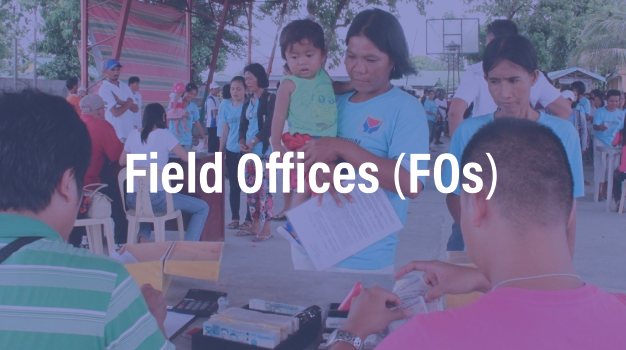

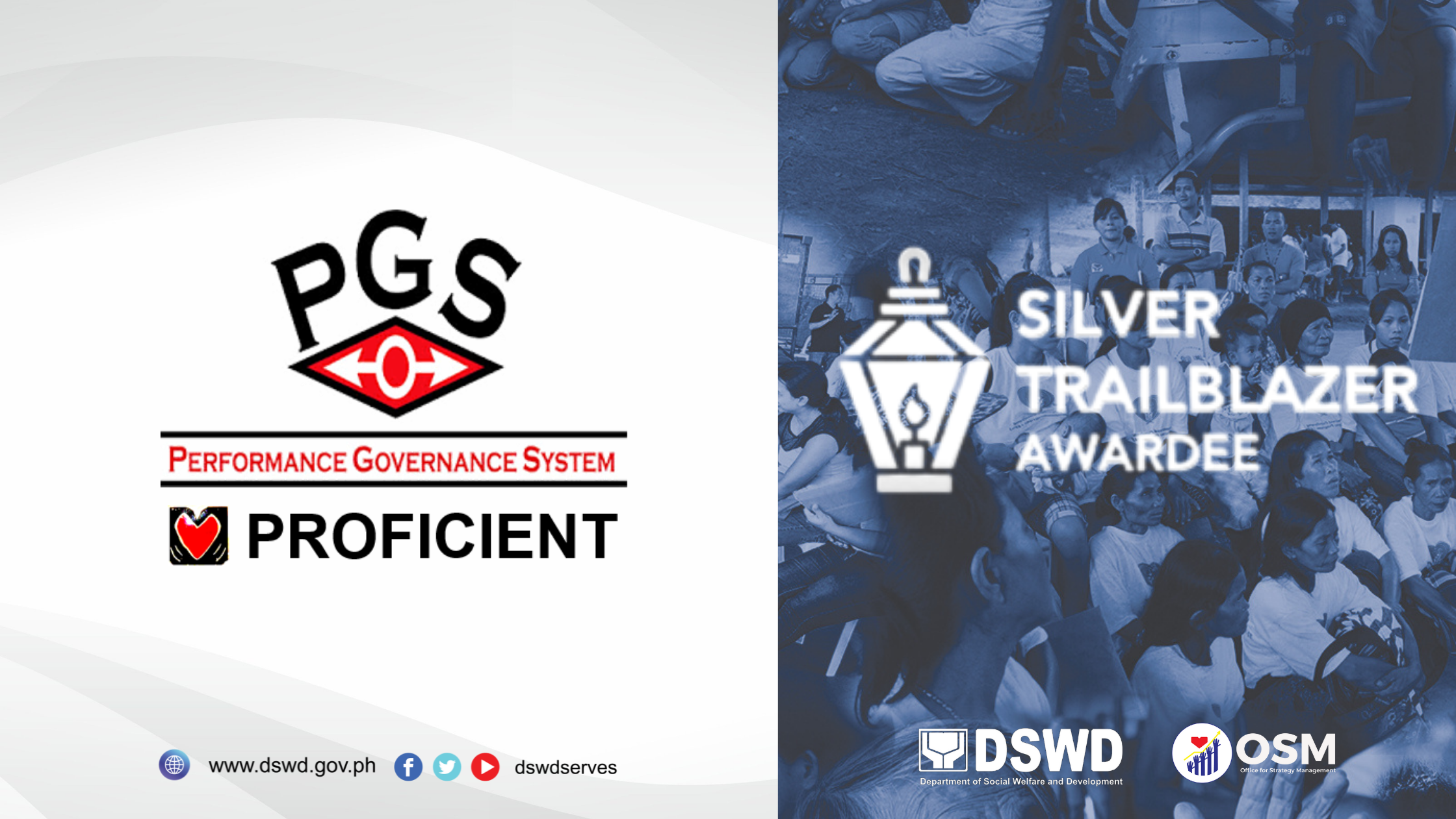
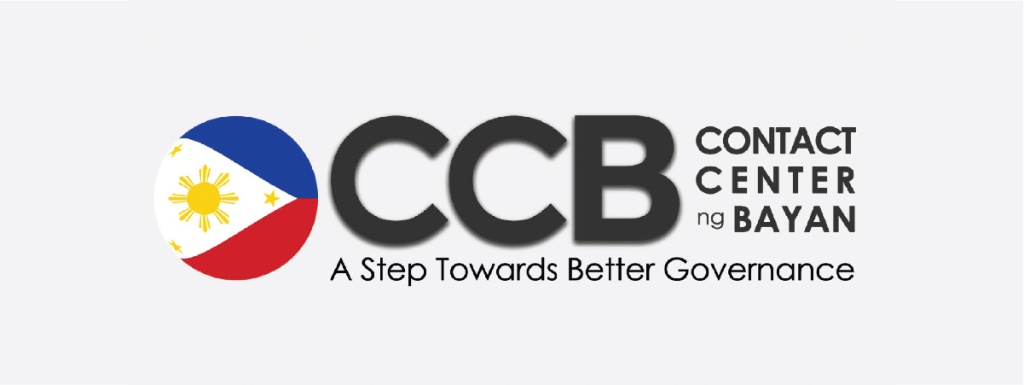
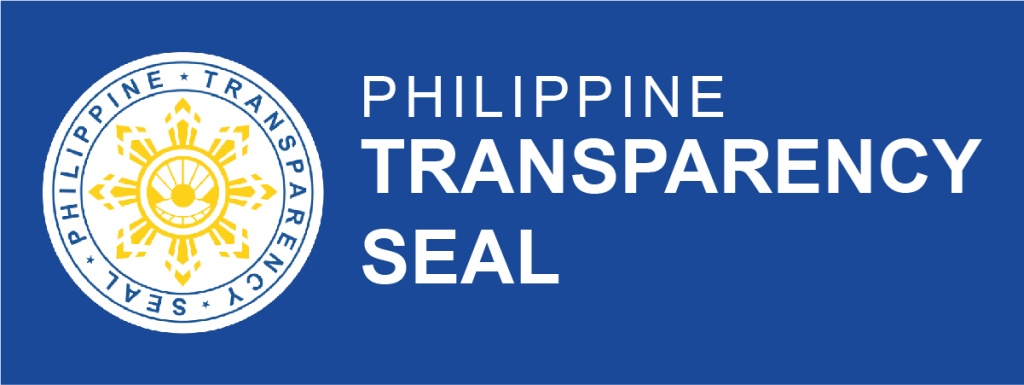
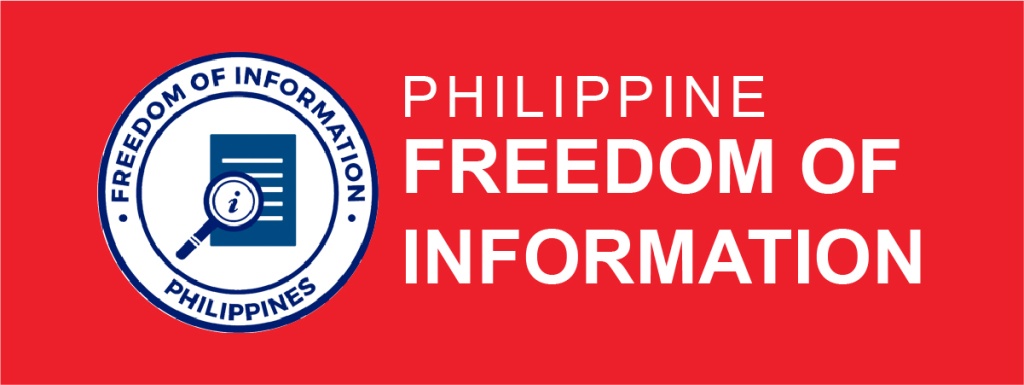

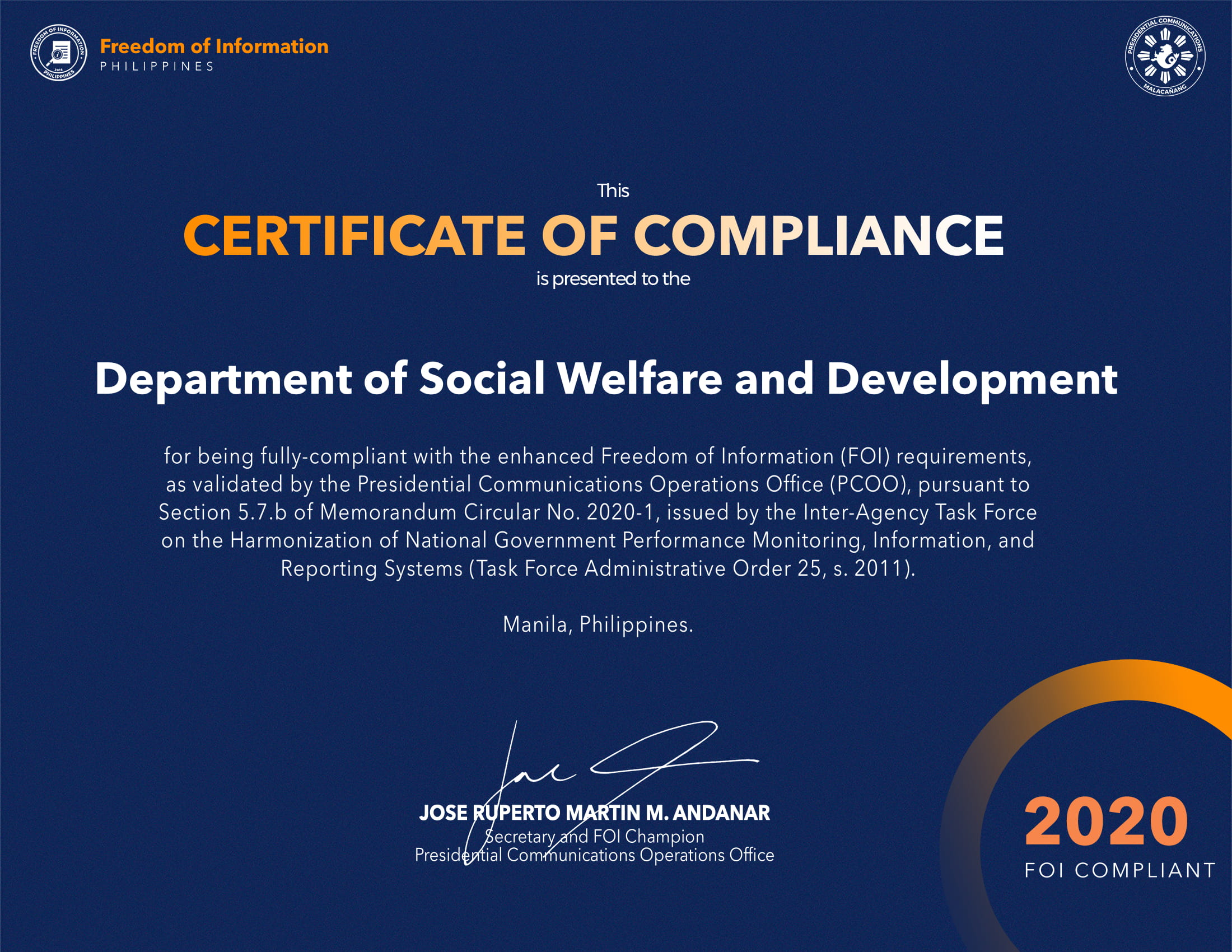
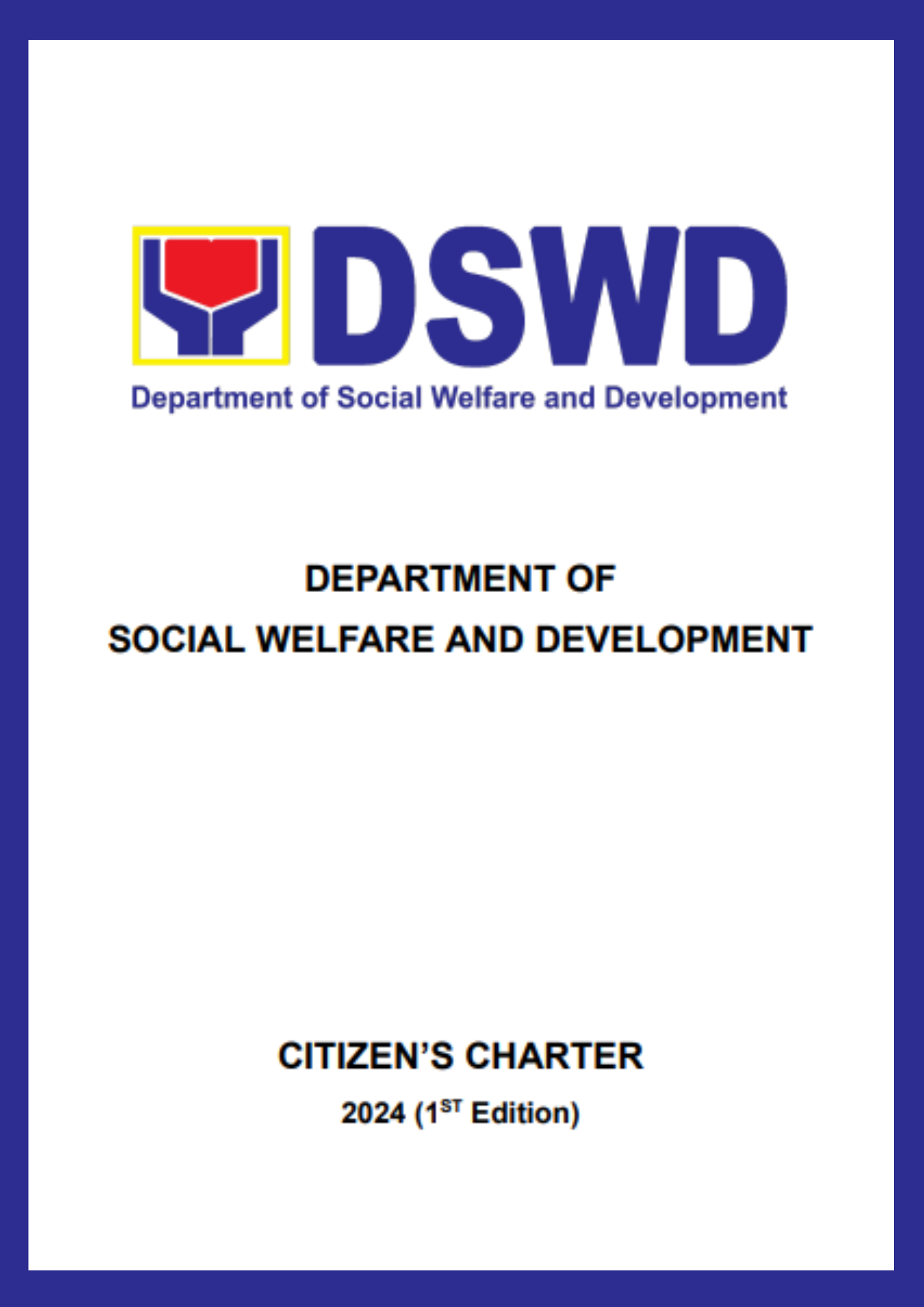

Archives
DSWD uses Google Analytics, Social Media Widgets, and Third-Party charts, to render feeds, visualizations, and analyze the web traffic data for us. These services use cookies. You can consent to the use of such technologies by closing this notice, by interacting with any link or button outside of this notice, or by continuing to browse otherwise. You can find out more about this in our Privacy Policy
Accept Settings Close GDPR Cookie SettingsDSWD Privacy Policy
This privacy notice discloses the privacy practices for (https://www.dswd.gov.ph). This privacy notice applies solely to information collected by this website in compliance with the Data Privacy Act of 2012 .
Individuals will be provided a Personal Information Collection Statement in an appropriate format and manner whenever personal data is collected (i.e. in the manual form or web page that collects personal data, or in a notice posted at the reception area of NPC events where participants’ personal data is collected through attendance sheets).
The following personal information may be collected, manually or electronically, upon submission of inquiries or requests:
The DSWD uses Google Analytics, Twitter Widgets, PowerBI and Tableau, third-party services to render feeds, visualizations, and analyze the web traffic data for us. These services use cookies. Data generated is not shared with any other party. The following web traffic data are analyzed:
The DSWD is the sole owner of the information collected on this site. The DSWD only has access to/collect information that you voluntarily give us via the modules of this website or other direct contact from you. All of the provisions in the Data Privacy Act will be observed specifically on the management of personally identifiable information.
Information collected may be used as a basis for client response regarding services or intervention that may be provided by the DSWD. Information will not be shared with any third party outside of the Government, other than as necessary to fulfill the requested services of a client. The DSWD, however, reserves the right to request the applicants to submit the hardcopy of documentary requirements in order to verify the authenticity of the information.
Unless otherwise provided, the DSWD or any of its authorized personnel may contact the client via email or SMS in the future for the purpose of status updates with regard to the transaction/service request, changes to this privacy policy, or other information reasonably necessary to effect the social service mandate of the DSWD.
An individual has the right to ask for a copy of any personal information held by the DSWD about him or her; as well as the right to ask for corrections should any information be inaccurate or erroneous. To do so, please contact our Data Protection Officer, Atty. Justin Caesar Anthony D. Batocabe, through the following email address: dpo.ictms@dswd.gov.ph .
The DSWD takes precautions to protect information. Upon submission of sensitive information via the website, information is protected both online and offline. Wherever the Department collects sensitive information (such as passport and Birth Certificates), that information is encrypted and transmitted to the DSWD in a secure manner. This may be verified by looking for a lock icon in the address bar and looking for "https" at the beginning of the address of the web page. Only employees who need the information to perform a specific job (for example, certificate printing or customer service) are granted access to personally identifiable information. The computers/servers, where personally identifiable information is stored, are kept in a secure environment.
By using our website, you hereby consent to our Privacy Policy and agree to its terms.
For suggestions with regard to this privacy notice, you may accomplish this form. ( https://www.dswd.gov.ph/feedback/ ), email inquiry@dswd.gov.ph, or call (632) 931-8101 to 07.
Visualization & Social Media CookiesThis website uses Social Media Tools, and Third-party Visualizations to render feeds, charts and collect anonymous information such as the number of visitors to the site, and the most popular pages.
Keeping this cookie enabled helps us to improve our website.
We use a Twitter Feed plugin to display social media content on our website. As a result, our website makes requests to Twitter’s servers in order to display images and videos. These requests make your IP address visible to Twitter, who may use it in accordance with their data privacy policy: https://twitter.com/en/privacy#update
The Tweets displayed in the Twitter feed include the ability to Reply, Share, or Like the Tweet directly on our website. If you choose to interact with these functions then you will make a connection to Twitter.com, who may collect your IP address, your web browser User Agent, store and retrieve cookies on your browser, embed additional tracking, and monitor your interaction with the widget, including correlating your Twitter account with whatever action you take within the widget (such as “liking” a Tweet), if you are logged in to Twitter. For more information about how this data may be used, please see Twitter’s data privacy policy: https://twitter.com/en/privacy#update
Enable or Disable CookiesIf you disable this cookie, we will not be able to save your preferences. This means that every time you visit this website you will need to enable or disable cookies again.
Other 3rd Party CookiesThis website uses Google Analytics to collect anonymous information such as the number of visitors to the site and the most popular pages.
Keeping this cookie enabled helps us to improve our website.
Enable or Disable CookiesPlease enable Cookies first so that we can save your preferences!
Cookie ConsentThis is the Cookie Policy for DSWD Website, accessible from https://www.dswd.gov.ph
What Are Cookies
As is common practice with almost all professional websites this site uses cookies, which are tiny files that are downloaded to your computer, to improve your experience. This page describes what information they gather, how we use it, and why we sometimes need to store these cookies. We will also share how you can prevent these cookies from being stored however this may downgrade or 'break' certain elements of the site's functionality.
For more general information on cookies, please read "What Are Cookies".
How We Use Cookies
We use cookies for a variety of reasons detailed below. Unfortunately, in most cases, there are no industry standard options for disabling cookies without completely disabling the functionality and features they add to this site. It is recommended that you leave on all cookies if you are not sure whether you need them or not in case they are used to provide a service that you use.
Disabling Cookies
You can prevent the setting of cookies by adjusting the settings on your browser (see your browser Help for how to do this). Be aware that disabling cookies will affect the functionality of this and many other websites that you visit. Disabling cookies will usually result in also disabling certain functionality and features of this site. Therefore it is recommended that you do not disable cookies.
The Cookies We Set
Third-Party Cookies
In some special cases, we also use cookies provided by trusted third parties. The following section details which third party cookies you might encounter through this site.
More Information
Hopefully, that has clarified things for you, and as was previously mentioned if there is something that you aren't sure whether you need or not it's usually safer to leave cookies enabled in case it does interact with one of the features you use on our site.
However, if you are still looking for more information then you can contact us through one of our preferred contact methods: